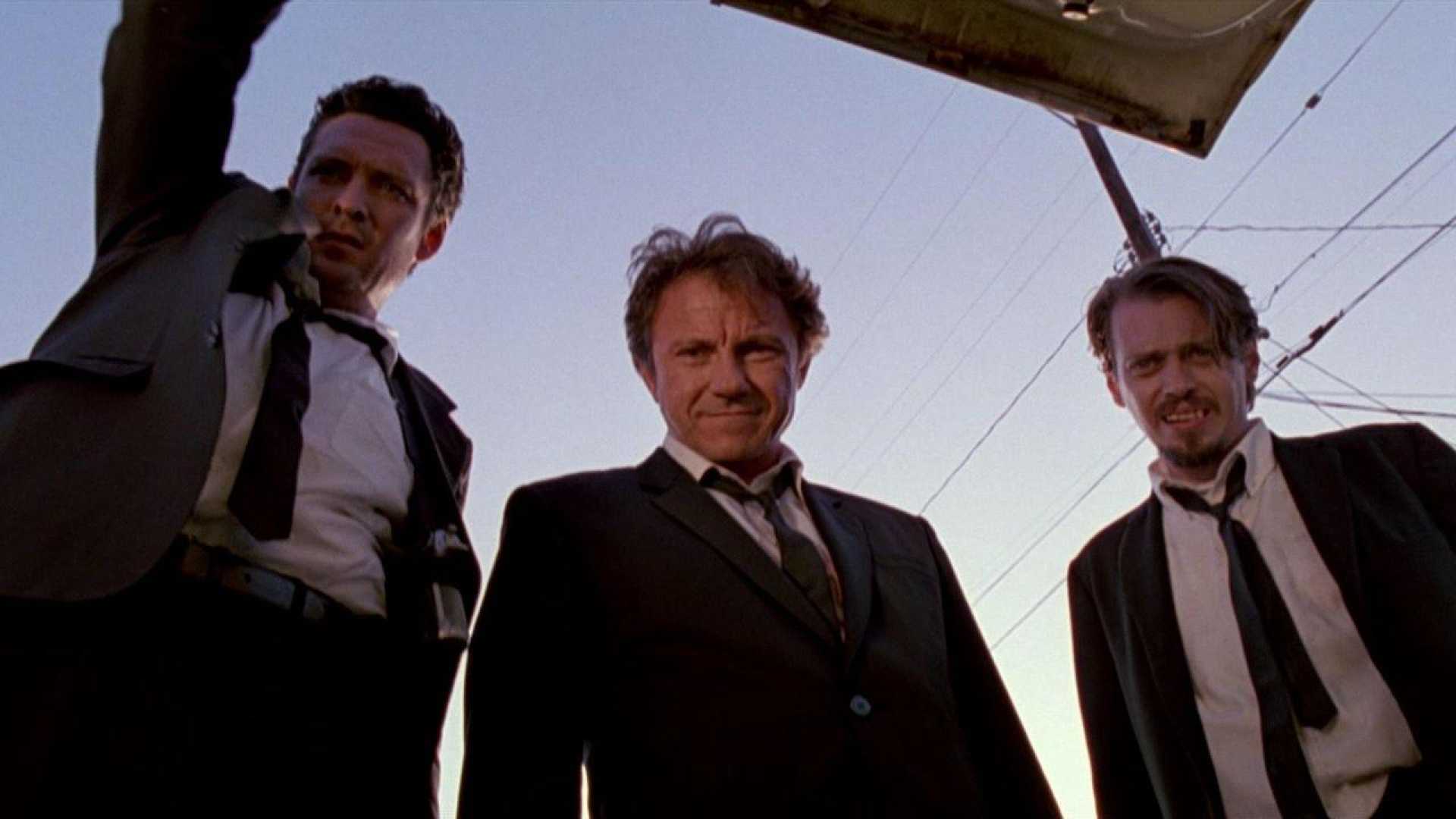Entertainment
Quentin Tarantino Films Ranked: From Worst to Best

NEW YORK, NY — As anticipation builds around Quentin Tarantino‘s rumored final film, film enthusiasts are reflecting on the director’s ten previous cinematic works. Tarantino, known for his unique storytelling style and memorable characters, has left an indelible mark on American cinema with a resumé that includes iconic films and some lesser-known titles.
This retrospective explores all ten of Tarantino’s films, ranking them from least impactful to most influential, with special consideration for his dual Kill Bill releases, which are recognized individually due to their distinct styles.
In the bottom position, The Hateful Eight arrives as a polarizing experience. Critics have described it as dull and indulgent, lacking the engaging narratives typically expected from Tarantino. Despite a strong cast including Samuel L. Jackson and Jennifer Jason Leigh, its heavy reliance on racial slurs and a meandering plot didn’t resonate well with audiences. “It’s a work rotten at its core,” remarked one critic, highlighting it as Tarantino’s only misstep.
Following closely is Death Proof, Tarantino’s homage to the 1970s car chase genre. Conceived as part of the Grindhouse double feature with Robert Rodriguez, it failed to achieve traction despite its feminist overtones. Critics noted its lengthy runtime and confusing narrative structure as detractors, although some audience members appreciated the performances, particularly that of Zoë Bell as a stuntwoman. “It’s offbeat fun, even if it sometimes tries patience,” acknowledged one review.
Next up is Reservoir Dogs, the film that launched Tarantino’s career. While it’s regarded as an impressive debut, some modern audiences may find it less innovative than it once seemed. Nonetheless, its nonlinear storytelling and sharp dialogue continue to influence filmmakers today.
Tarantino’s Django Unchained offers a more sophisticated take on Westerns, blending dark humor with historical commentary. While performances from Jamie Foxx and Christoph Waltz received accolades, the film also attracted criticism for its heavy handling of sensitive subject matter. “It’s strange and bracing entertainment,” one essay highlighted, noting its complexity.
Kill Bill Vol. 1 is a vibrant ode to martial arts cinema, set apart by its engaging characters and emotional depth, specifically in the journey of Uma Thurman’s The Bride. Critics praised Tarantino’s ability to blend cartoonish violence with genuine sentiment. “Kill Bill Vol. 1 is Tarantino operating with a new thoughtfulness and maturity,” one commentator stated.
In Kill Bill Vol. 2, the narrative expands to focus on themes of revenge and emotional complexity, featuring a hauntingly memorable burial scene. The film balances humor with brutal action, prompting reviewers to label it a “knockout.”
Inglourious Basterds, depicting an alternate history of World War II, stands out with its intricate plotlines and superb performances, especially from Christoph Waltz. Described as “disarmingly sincere,” the film effectively fuses intense drama with dark comedy, earning it a place among Tarantino’s best.
Jackie Brown diverges from Tarantino’s typical style, showcasing a more straightforward narrative. The film, based on an Elmore Leonard novel, has been lauded for its smart, sophisticated execution and strong characters, particularly the performance of Pam Grier.
Meanwhile, Pulp Fiction remains a cultural touchstone, merging multiple narratives into a thrilling exploration of crime and consequence. Its innovative structure and memorable dialogue have drastically influenced the film landscape, proving its longevity and continued relevance.
Rounding out the list is Once Upon a Time in Hollywood, an affectionate tribute to the golden age of Hollywood. Critics admire its nostalgic charm and the way it reshapes historical cinematic narratives, with Leonardo DiCaprio and Brad Pitt‘s performances receiving particular praise for their chemistry and depth. One noted, “the film’s ultra-violent finale feels almost unnecessary” in the context of the larger narrative’s charm.
Tarantino’s films, each a unique blend of genres and styles, have not only defined a distinct era of filmmaking but continue to inspire future directors and writers across the globe.












